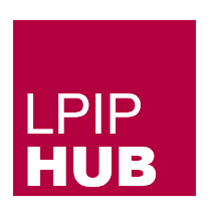Activities are designed to:
- provide insights the daily life of senior leaders to contextualise how they make decisions around LPIP themes,
- understand changing role of senior leaders in partnership working given current economic and political challenges and opportunities’
- map the process from crisis to recovery to thriving, drawing out leadership learning for partnership working at each of these points in a visual.
This workstream will explore the experiences of leaders, both of, and in, place. We will primarily focus on place leadership within the UK but, where appropriate, will draw on international experiences and expertise. We will examine and draw on the experiences of current and former place leaders primarily from government (at central, regional and local scale), but also from HE and the third sector. We will explore institutional and operational delivery issues, organisational and management approaches for successful place leadership.
Objectives
We aim to mobilise existing knowledge and conduct primary data analysis to:
- To understand key current place leadership challenges and opportunities (provide insights into the daily life of senior leaders in a place to contextualise how they make decisions around LPIP themes)
- To provide learning into how place leaders can best work in partnership to address these challenges and seize these opportunities.
- To identify place leadership learning at crisis, recovery and thriving stages of partnership working.
Framing outcome
- To support better socio-economic results by enabling greater capability, capacity and confidence among senior leaders in terms of better understanding of what works in place partnerships.
The workstream recognises that the experiences of senior leaders will be shaped by the complex sub-national institutional landscape. As there is another LPIP workstream looking at devolution and funding, we will focus on the place leadership experiences of leaders within this ecosystem, rather than seeking to investigate opportunities to better shape devolution and the policy levers layered at each tier of government.
We will identify learning from within the four LPIPs as well wider learning from outside the four LPIPs that the LPIPs can benefit from.
We will draw on expertise within Inner Circle Consulting and a previous Regional Studies Association Place Leadership Network to create a network of place leaders to tackle contemporary challenges and position for future challenges.
The team
Jamie Ounan, Inner Circle Consulting,
Dr Abigail Taylor (City-REDI)
Blogs












